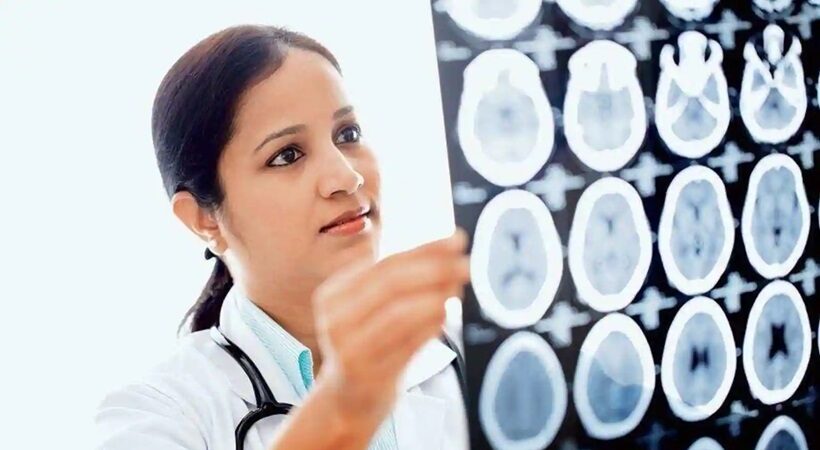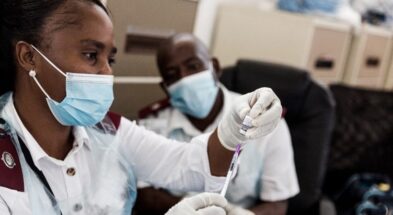Indian neuroscientists are planning to map out the brains of people who either recuperated from Covid-19 or were asymptomatic to the ailment. They have made up their mind to do such a thing to find out the explanations behind growing circumstances of despair, obsessive-compulsive dysfunction, nervousness, and post-traumatic distress among the sufferers.
The National Brain Research Centre (NBRC) scientists say that they will begin enrolling volunteers on board for the research by the end of October this year.
NBRC, which has declared its start with the primary research globally, believes in providing a novel non-invasive neuro-imaging approach of MR (magnetic resonance) spectroscopy.
Read More: Medical Graduates’ Body Launches DronaCare To Offer Free Covid-19 Care Advice
Dr Pravat Mandal, director-in-charge at NBRC, said that the research could assist in quantifying the impression of Covid-19 on survivor’s psychological wellbeing. “To our information, that is the very first research to invent this neuroimaging approach, i.e., commencing mind stress mapping in Covid-19 survivors utilising MR spectroscopy,” elaborated Dr Mandal.
To start with the process, an autonomous institute run by the ministry of science and expertise, the NBRC will recruit all the asymptomatic and recovered from Covid-19.
Neuroscientists have already discovered that SARS-CoV-2 affects not only the respiratory system, but it spreads through the entire body of an infected individual, damaging the heart, kidneys, and liver. Additionally, Covid-19 causes neurological as well as neuropsychiatric issues to the mind.
The autonomous institute has come up with primary research based on the structural, spectroscopic, and behavioural responses of a sufferer to monitor the gradual adjustment non-invasively within the mind caused by Covid-19.
Thorough research with Dr Pooja Sharma, director of analysis, is likely to be performed for three teams: management, Covid-19 asymptomatic sufferers, and Covid-19 sufferers showing psychological goodness points.
According to Dr Mandal, one of the major reasons behind the proposed scheme is the boosted degree of oxidative stress in survivors of Covid-19, which contributes to the pathogenesis of several neurological illnesses because of the depletion of antioxidants.
“The impression of the virus on the mind continues to increase even after the recovery, having an intense effect with the time passing by,” stated Dr Mandal.



















